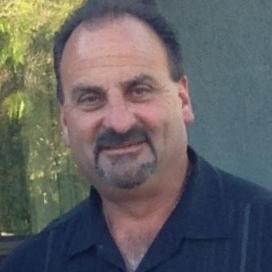
Skyline College’s Beta Theta Omicron Chapter of Phi Theta Kappa was recently recognized and awarded for achievement at the Phi Theta Kappa Regional Convention held in Reno, Nevada on March 27-29, 2015. Phi Theta Kappa Officers and members attended the convention, accompanied by Chapter Advisor, Christine Case.
The chapter was named The Distinguished Chapter in the Nevada/California Region. This recognition was based on the completion of two major projects in 2014. The chapter’s Honors in Action project, “Data mining—a new frontier in health,” received two awards, the Honors in Action Distinguished Theme Award and the Distinguished Honors in Action Project Award. For the year-long service component of the project, members and officers taught senior citizens to use their tablets and smartphones. The chapter’s College Project dealing with middle school outreach, bringing hands-on science labs to middle schools, was honored with a Distinguished Project Award.
“I am extremely proud of all of the hard work that our chapter officers did over the last year. These students truly exemplify leadership and dedication. They set high standards for themselves and the chapter and worked hard to develop and implement meaningful projects. They demonstrated a sincere desire to improve our community. We could not have been as successful without the support and encouragement of Dr. Stanback Stroud, and numerous Skyline College faculty and staff,” commented Case.
The Chapter also won the yearbook award. Congratulations to the yearbook team and their leader, Livius Darmawan. In addition to these recognitions, Wafa Zeidan, a Phi Theta Kappa member at Skyline College, was the Regional Distinguished Scholar and Olidipo Toriola was a Distinguished Scholar runner-up. Christian Galang was runner-up Distinguished Chapter Officer.
The purpose of Phi Theta Kappa shall be to recognize and encourage scholarship among two-year college students. To achieve this purpose, Phi Theta Kappa shall provide opportunity for the development of leadership and service, for an intellectual climate for exchange of ideas and ideals, for lively fellowship for scholars, and for stimulation of interest in continuing academic excellence.
Phi Theta Kappa members are four times more likely to complete college than an average student, but also they are nearly twice as likely to complete college than students with similar grade point averages (3.5 or higher),
Article and photo by Dr. Christine Case






